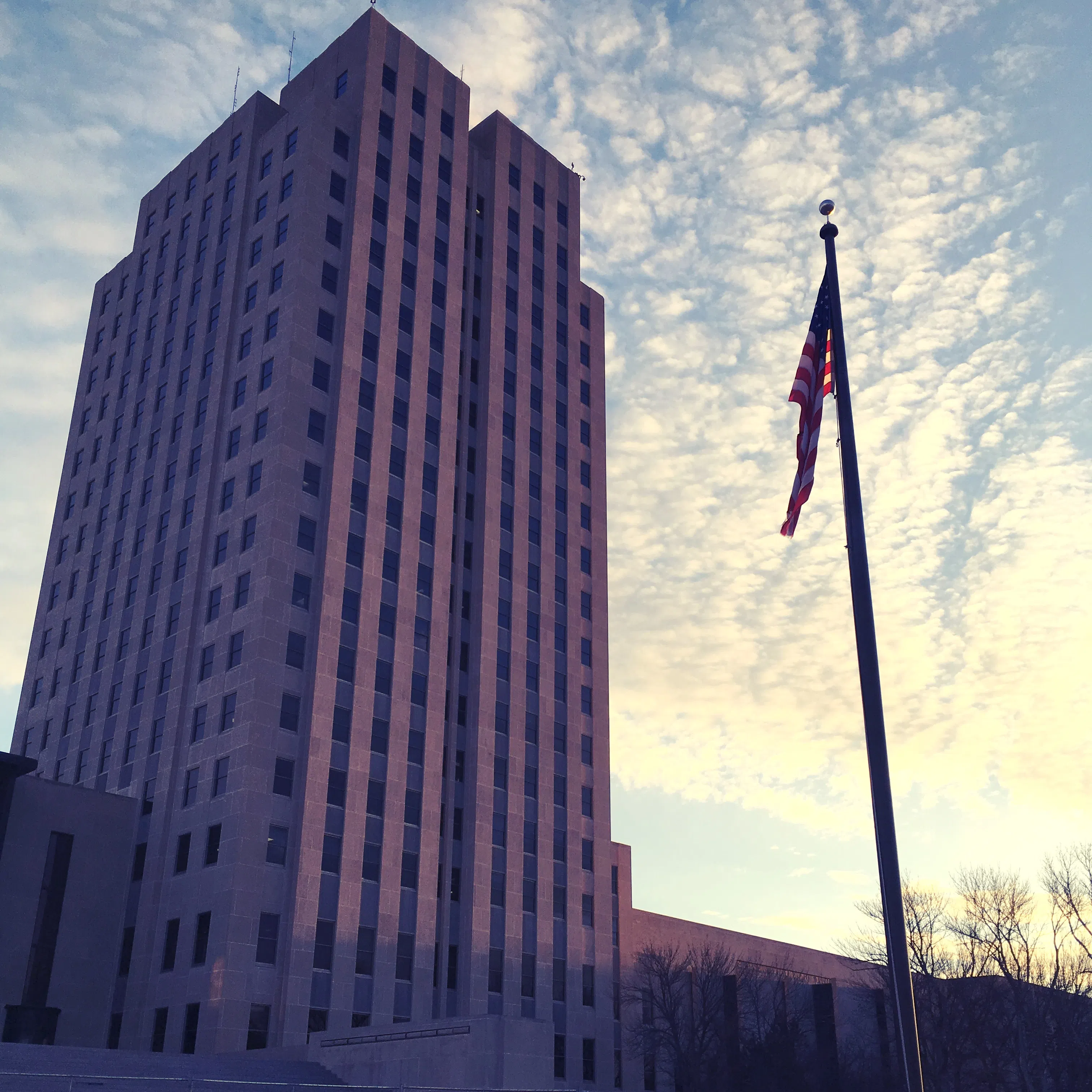
BISMARCK, N.D. (NORTH DAKOTA MONITOR) – The North Dakota Legislature adjourned early Saturday.
The preliminary two-year budget for general fund spending for 2025-27 is $6.25 billion, an increase of 2.6% over 2023-25.
Though legislators started the 2025 session with excess revenue, they’re keeping a cautious eye to the future with the state’s growth projected to slow amid lower oil prices, declining oil tax revenue and uncertainty about tariffs. Lawmakers also funded investments that aim to spur new oil production and diversify the state’s economy.
Gov. Kelly Armstrong said he’s excited the Legislature passed a property tax package that includes a $1,600 primary residence tax credit and provisions to limit future property tax increases, an idea he pitched at the start of the session. Armstrong said he’s also pleased lawmakers adopted a “bell-to-bell” cellphone ban for public schools, another idea he championed.
“I think those two things will have an immediate impact,” Armstrong said.
The property tax package is funded with earnings from the state’s $12 billion Legacy Fund. Armstrong said if lawmakers allow the fund to continue to grow, it could put most homeowners on a path to paying zero property taxes within a decade.
“What a legacy for our kids and grandkids, to be able to have a significant amount paid toward their property tax,” said House Majority Leader Mike Lefor, R-Dickinson.
House Minority Leader Zac Ista, D-Grand Forks, told his colleagues he’s glad they spent more time on the “real issues facing North Dakotans” this year than they had in recent years, referring to culture war issues that dominated much of the 2023 session.
“Let that be the start of a positive trend for our body, and let us commit to resisting the pull of polarization and extremism,” Ista said.
House Minority Leader Zac Ista, R-Grand Forks, speaks to a colleague May 2, 2025. (Kyle Martin/For the North Dakota Monitor)
Some, including Armstrong, said the Legislature missed an opportunity to do more to address the state’s housing and workforce needs.
“But those are tough issues, so we always have more time for that,” Armstrong said.




Comments